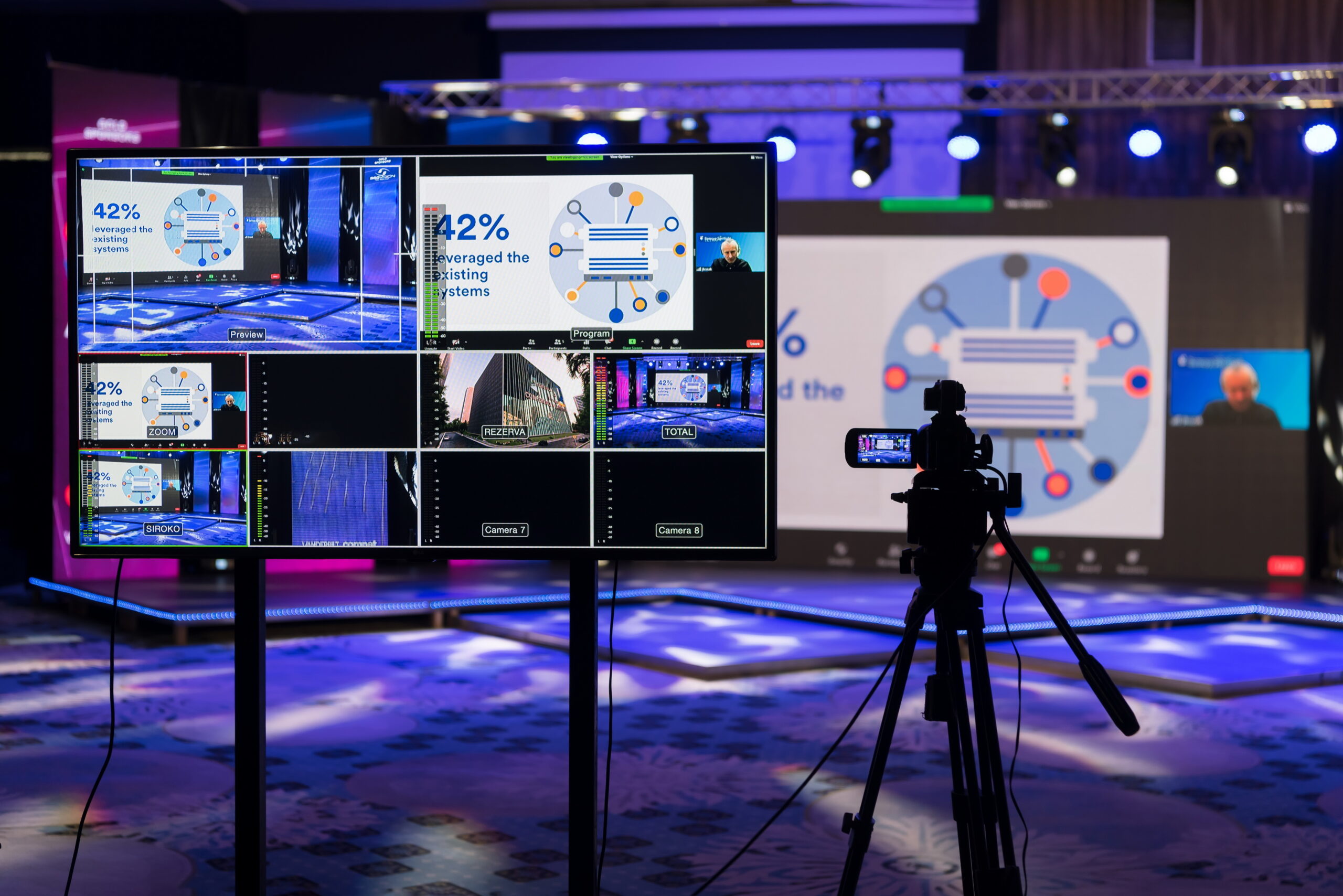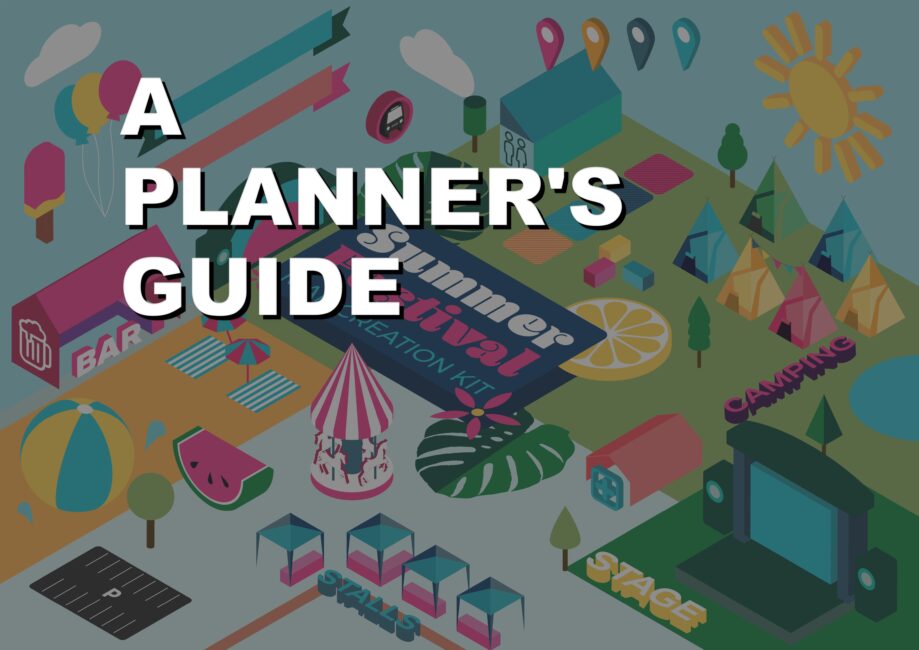In the wake of the COVID-19 pandemic, the events industry witnessed a seismic shift towards virtual and hybrid events. These digital gatherings have not only sustained the industry during challenging times but have also reshaped the way we conceive and execute events in the post-pandemic era. As an events industry expert specializing in event trends, I delve into the profound impact of virtual events and the invaluable lessons we’ve gleaned from navigating through them.
The Rise of Virtual Events
Virtual events, once considered a niche alternative to physical gatherings, emerged as the primary mode of event delivery during the pandemic-induced restrictions. This shift was fueled by the need for social distancing measures and travel restrictions, compelling event organizers to pivot swiftly to digital platforms.
The advantages of virtual events became apparent as organizers and attendees adapted to the new format. Accessibility skyrocketed, as geographical barriers dissolved, enabling global participation with just a click. Cost-effectiveness also became a major boon, with reduced expenses on venues, travel, and accommodations.
Moreover, virtual events offered unparalleled data insights, allowing organizers to track attendee engagement, gather feedback, and refine future event strategies. The immersive technologies employed in virtual events enhanced the attendee experience, offering interactive features like live polls, Q&A sessions, and networking lounges.

Moreover, virtual events offered unparalleled data insights, allowing organizers to track attendee engagement, gather feedback, and refine future event strategies.

Key Takeaways from Virtual & Hybrid Events
As we transition into a post-COVID era, it’s crucial to reflect on the key takeaways garnered from navigating virtual and hybrid events:
- 1. Adaptability is Paramount: The events industry demonstrated remarkable resilience by swiftly adapting to the digital realm. Embracing flexibility and agility will remain indispensable traits in the face of evolving circumstances.
- 2. Hybrid Events Offer the Best of Both Worlds: Hybrid events, blending elements of virtual and physical gatherings, represent the future of event experiences. They cater to diverse preferences, accommodating both in-person and remote attendees while extending the event’s reach.
- 3. Investment in Technology is Non-Negotiable: The success of virtual and hybrid events hinges on cutting-edge technology. From robust virtual event platforms to immersive AR/VR experiences, investing in tech infrastructure is imperative to deliver seamless and engaging events.
- 4. Content is King, Engagement is Queen: Compelling content lies at the heart of every successful event, irrespective of its format. However, in the virtual realm, fostering attendee engagement becomes even more critical. Interactive sessions, gamification elements, and networking opportunities are instrumental in sustaining attendee interest.
- 5. Data-Driven Decision Making: Leveraging data analytics enables organizers to make informed decisions and optimize event performance. From attendee behavior patterns to post-event surveys, harnessing data empowers organizers to fine-tune their strategies and enhance future event experiences.
- 6. Prioritize Accessibility and Inclusivity: Virtual events have democratized access to knowledge and networking opportunities, transcending geographical barriers and physical limitations. Moving forward, ensuring accessibility and inclusivity should be central tenets of event planning, fostering a more diverse and equitable industry landscape.
- 7. Embrace Sustainability Initiatives: The shift towards virtual and hybrid events presents a unique opportunity to reduce the environmental footprint associated with traditional gatherings. Embracing sustainable practices, such as minimizing carbon emissions and promoting eco-friendly event materials, aligns with broader efforts towards environmental conservation.
- 8. Cultivate Community and Connection: Despite the digital divide, virtual events have proven instrumental in fostering community and forging meaningful connections. By nurturing a sense of belonging and camaraderie among attendees, event organizers can cultivate long-lasting relationships and loyalty within their audience base.
Looking Ahead: The Future of Events
As we navigate the post-pandemic landscape, the events industry stands at a pivotal juncture poised for innovation and transformation. Virtual and hybrid events have not only demonstrated their efficacy but have also catalyzed a paradigm shift in how we conceive and execute events.
Moving forward, embracing technology, prioritizing engagement, and fostering inclusivity will be integral to delivering exceptional event experiences. Hybrid events, with their hybrid of physical and digital components, are likely to become the new norm, offering unparalleled flexibility and accessibility.
Moreover, sustainability considerations will increasingly shape event planning strategies, as organizers seek to minimize environmental impact and promote eco-conscious practices.
In conclusion, while the events industry has faced unprecedented challenges in recent times, the resilience and adaptability demonstrated pave the way for a brighter, more innovative future. By leveraging the insights gleaned from navigating virtual and hybrid events, we can chart a course towards a more dynamic, inclusive, and sustainable events landscape.




